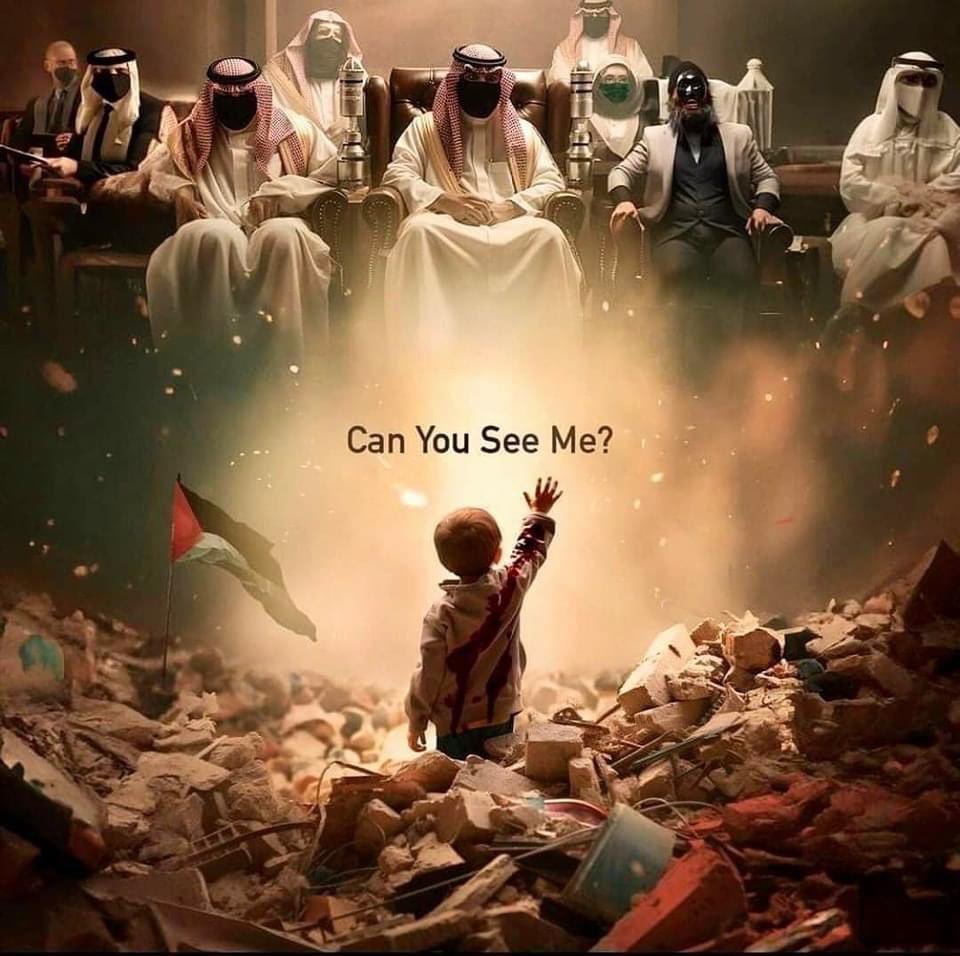– Dr. Mehmud Hasan
When several Muslim countries were normalizing relations with illegally born Israel in the Middle East, often under the pressure or allure of American influence, the situation for Palestinians in the West Bank and Jerusalem (Al Quds) grew increasingly dire. The people faced grave injustices, including frequent assaults on worshippers heading to Al-Aqsa Mosque and provocations from Zionist groups to disrespect this third holiest site in Islam, illegally occupying Arab Muslims’ houses and building settlements in the occupied lands. At this juncture, on October 7, 2023, Palestinian resistance fighters conducted a historic operation in some areas of occupied Palestine (Israel) around the Gaza Strip.
One year has passed since that incident. Israel’s barbaric forces have carried out all sorts of attacks on Gaza and the West Bank. The Gaza Strip has been reduced to rubble by American and European-supplied weapons. Schools, colleges, universities, mosques, churches, hospitals and even UN-supervised shelters were not spared from the Israeli bombardment. About 42,000 people in Gaza, mostly children and women, have been killed, according to the Gaza Ministry of Health. 902 families were erased from the civil registry. Out of 1,245 Mosques 815 have been destroyed. In addition to that, the enemies of humanity, the Zionists and their allies, are plotting to starve Gazans to death. About 2.2 million Palestinians have been encircled by the blockade of Gaza. As Muslims of Gaza endure some of the worst brutality in their history, the cries of children and the despair of women fill the air. Families search desperately among the ruins for their loved ones. In this moment of profound tragedy, the anticipated storm of protest and condemnation from the Muslim world is absent. Although some leaders may have voiced their concerns, these responses often feel performative, which is not enough to halt the ongoing US-backed Israeli aggression in Gaza.
The question arises: with a population exceeding two billion and 57 independent Muslim countries(?), why are the people of Gaza facing genocide today? The Prophet Muhammad (PBUH) likened the Muslim Ummah to a single body; when one part is injured, the whole body should feel the pain. So why does it seem that the broader Muslim Ummah is not responding to the suffering of those in the Gaza Strip and the West Bank?

The silence of Muslim countries on a mass genocide happening in Gaza is baffling
The Concept of Muslim Ummah
The very existence of Islam declares the ultimate oneness of Allah, the Almighty. Allah has bestowed the last Prophet (PBUH) and the followers of him in its complete sense, is known as Muslim Ummah. The concept of Ummah focuses on unity, shared faith and a unique unified identity among Muslims worldwide. The oneness of Allah SWT, the follower of the last Prophet Muhammad (PBUH), and the never changing Al Quran binds us together despite our geographical, racial, cultural or linguistic diversities, and these cords allow us to feel ourselves like one body or Ummah. The concept of Ummah is rooted in the Quran, which focuses on the importance of unity among believers. For instance, Allah commands in Surah Al-Hujurat (49:10):
“The believers are but brothers, so make settlement between your brothers. And fear Allah that you may receive mercy.”
The Prophet Muhammad (PBUH) emphasized the importance of unity among Muslims in the following Hadith:
“The believers in their mutual kindness, compassion, and sympathy are like one body. When one limb of the body suffers, the whole body feels the pain.” (Sahih Muslim)
The Prophet Muhammad (PBUH) established a remarkable model of the Muslim Ummah in Medina, where diverse sects embraced Islam and gained strength through unity. This foundational community exemplified how various groups could unite under a shared faith, fostering a sense of belonging and collective purpose. Subsequently, the Ummah continued to thrive under the Caliphate system, which provided centralized leadership. The Rashidun, Umayyad, Abbasid, and Ottoman Caliphates played a vital role in managing, protecting, and expanding the Muslim Ummah. These caliphates facilitated political stability and encouraged cultural and intellectual advancements, further solidifying the Ummah’s significance on the global stage.

Would the conditions be this worse in Gaza if Ummah were not divided into small geographical sections with their own political interests?
Rise of Muslim Nation States
The Muslim Ummah began to decline with the colonial interventions during the 19th and 20th centuries. World War I marked a significant turning point, which was followed by the collapse of the Ottoman Caliphate in 1922. This resulted in the creation of several nation-states, such as Turkey, Iraq, Syria, Jordan, Lebanon, Saudi Arabia, etc. Often, these countries are run by leaders of nationalist sentiment who prioritize their interest over the concept of collective Ummah. The establishment of national borders and the emphasis on nation state’s sovereignty produced a significant challenge for the global Muslim Ummah. The loyalty of Muslim communities gradually started shifting to the individual nation-states, ignoring the global aspect of the Ummah.
The ongoing Gaza genocide illustrates the challenges facing the Muslim world in responding to shared grievances. The fragmentation of the Ummah and the prioritization of national interests have often undermined collective action in the face of injustice. Because of this reason, the Muslim leadership failed to make any unequivocal decision against the Israeli government during several OIC meets. Even though the Muslims of Gaza have been starving for months, some Muslim countries are still maintaining their relationship with the Israeli entity by providing food and land passage to the occupied Palestinian (Israeli) land. Imagine a unified, strong Muslim Ummah in the place of fragmented Muslim nation-states. Would they dare to commit the Gaza genocide?

